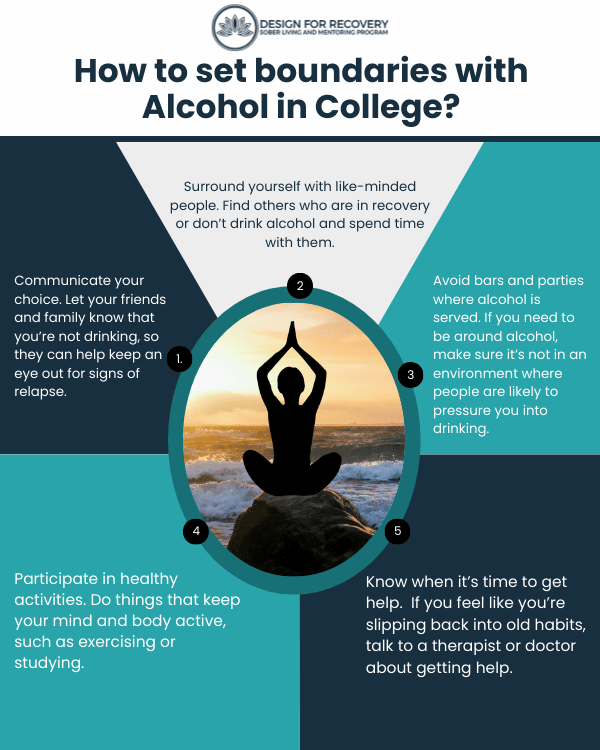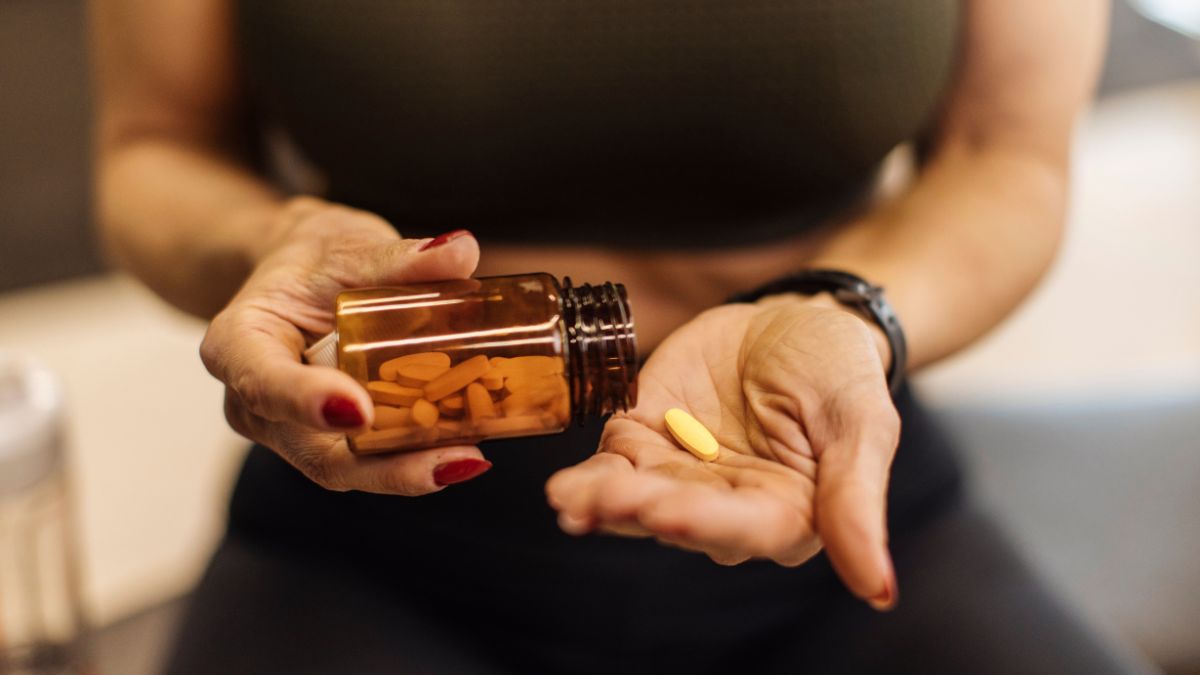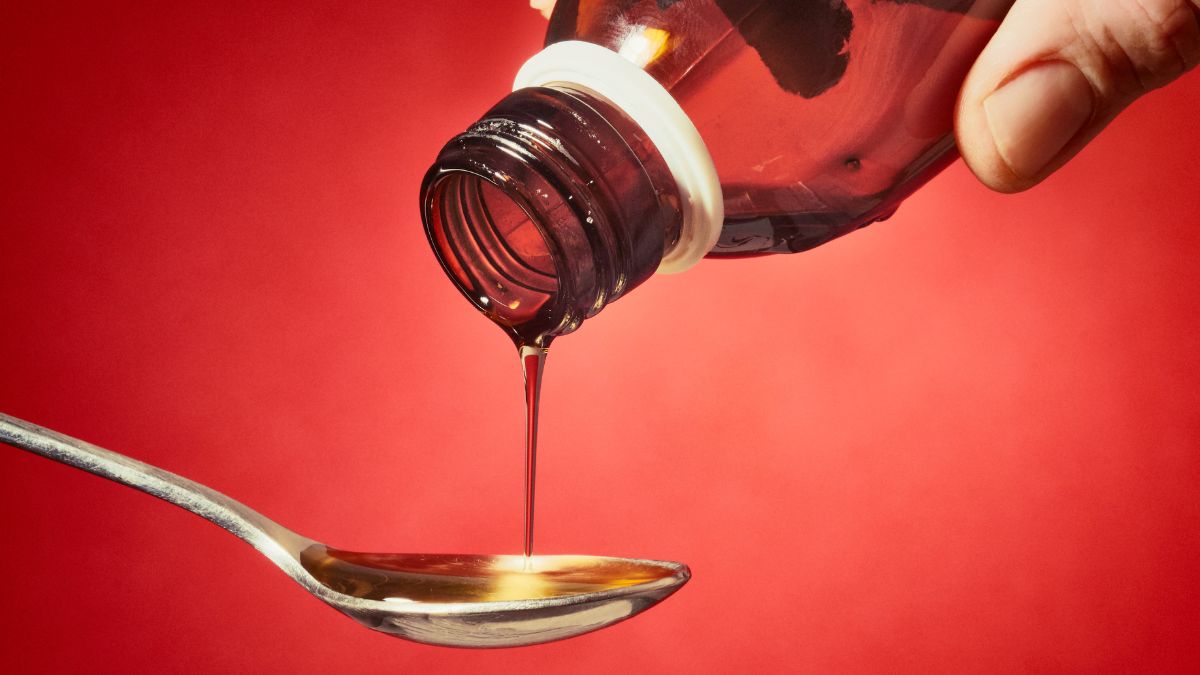For young people struggling with a college binge drinking addiction, choosing not to drink can be a difficult decision. It can seem daunting to imagine the rest of your life sober. But sometimes the most difficult aspect is saying “I don’t drink” in a social milieu where alcohol consumption feels like the norm.
Whether you’re a college student or a high school student, it is easy to imagine that staying sober will make you a social outcast. Everyone thinks that college students drink, but it’s pretty common for them to say no to it as well. In truth, not drinking won’t ruin your college life. It’s not weird to be sober while focusing on your education. In fact, staying sober has many benefits.
Is Drinking in College Normal?
According to the National Survey on Drug Use and Health, 36.9% of college students engage in binge drinking. That’s a high number. But that also means the vast majority of college students do not engage in binge drinking. Sure, many of them might drink a glass of beer socially once in a while, but someone who drinks like that isn’t likely to pressure you to drink when you’re not comfortable doing so.
Call Design for Recovery to Begin Your Healing Journey!
Reach out to our team to discuss sober living options and next steps toward a healthier routine.
Why Not Drinking In College Isn’t Weird?
You’ll Save Money
Are you mired in student loan debt? Are you pursuing a liberal arts degree and worried about your financial future? Perhaps you’re struggling to work two jobs while attending school full time. Most students are no stranger to financial fears.Yet somehow most people overlook the expenses that regular substance abuse entails. The Bureau of Labor Statistics calculates that most Americans spend 1% of their gross annual income on alcohol. This means for the average household alcohol expenses are approximately $565 a year.
For college students, that number is higher, since heavy binge drinking is more common. For a student who drinks a $9 12-pack every two days, they spend approximately $1642.50 a year. That’s money that could go toward tuition — or toward a trip to Europe over the summer.
No More Hangovers
Hangovers can make your life miserable. They affect your social life by making you want to stay in bed watching Netflix in the fetal position (if you’re lucky enough not to have your face glued to the toilet bowl). Hangovers from excessive drinking also cause many students to miss classes or fail to study for important exams. These lost days are in some ways more quietly destructive than the crazy nights that young adults associate with drinking. Not being hungover all the time will likely allow you to balance your scholarly duties and your extracurricular social life in a way that regular drinkers often struggle with in college. Chances are, as a sober student, you’ll have a thriving social life as well as greater scholarly success.
Your College Experience Will Improve
While films depict the college experience as involving plenty of free-flowing booze and drugs, most of the seminal college experiences are possible — and often better — sober. Living in a dorm room, for instance, is sometimes a lot easier sober. Many colleges have strict rules about students who are in possession of illegal substances and limit alcohol use at college parties. Extracurricular activities, with the exception of some frats that are known for binge drinking, never require you to drink in order to engage in them.
College culture can be overwhelming for people who are trying to say no to drinking due to alcohol-related problems. Many extracurricular activities that require brainpower or athletic prowess will reward you highly for staying sober, mentally sharp, and physically healthy.
While it’s true that frat parties might hold a bit less of an appeal for a sober student, it’s likely they hold little appeal for anyone who’s really honest with themselves.
People Just Don’t Care
Even at frat parties, however, most people who are drinking are too drunk to even notice that you’re not. Drunk people at parties are usually just doing their own thing. Everyone else is likely to be tolerant and empathetic to your situation.The most common response will be total indifference. It’s 2020, and the vast majority of people know someone who is sober or openly recovering from addiction. Awareness is growing. The amount of substance recovery programs on college campuses rose from 29 in 2013 to more than 186 today. Chances are you’ll even meet at least a few other college students who are in recovery.
It is important to remember that not only is being sober in college normal, but it is beneficial as well. Most students who opt not to drink find that their social and academic lives both improve. However, the vast majority of people who enjoy their sobriety do so as part of a recovery program.
Contact Design for Recovery Today!
Fill out our quick form to connect with a peer mentor and learn how our sober living community supports accountability, structure, and personal growth in recovery.
Tips to Establish Boundaries When Not Drinking at College
When you take steps to improve your life, you have to establish some boundaries to prevent yourself from relapsing. Here are some tips to help yourself and others respect your decision to not drink alcohol:
Communicate your choice. Let your friends and family know that you’re not drinking, so they can help keep an eye out for signs of relapse.
Surround yourself with like-minded people. Find others who are in recovery or don’t drink alcohol and spend time with them.
Avoid bars and parties where alcohol is served. If you need to be around alcohol, make sure it’s not in an environment where people are likely to pressure you into drinking.
Participate in healthy activities. Do things that keep your mind and body active, such as exercising or studying.
Know when it’s time to get help. If you feel like you’re slipping back into old habits, talk to a therapist or doctor about getting help.
Staying sober in college is possible and beneficial for your health and well-being. With the right support, it can be an enjoyable experience as well. If you need more information or advice about staying sober on campus, reach out to your college’s counseling or wellness center. They can provide resources and support to help you make the right choices for yourself. Good luck!

Putting Yourself First With the Right Community
Simply opting not to drink using sheer willpower is rarely sufficient, and for most is a recipe for a bad time. Using a recovery program such as Alcoholics Anonymous can provide young people with a blueprint for living that most people rarely have access to at so young an age. 12 step programs can also provide a much-desired sober community.
Although it may feel isolating to be sober in college, building a supportive community can make a world of difference. For those seeking a more structured and intensive sober community, sober livings in Los Angeles are an excellent option. These residential homes provide a safe and supportive environment where students can live with other recovering individuals while still maintaining a normal college life. Sober living communities in Los Angeles offer a range of resources and amenities, including counseling, peer support groups, and life skills training. By living in a sober community, students can foster lasting friendships, build a strong support system, and maintain their sobriety. Whether recovering from alcohol addiction or looking to live a sober lifestyle, sober living communities in Los Angeles can be a valuable resource for young people.
- Is Drinking in College Normal?
- Why Not Drinking In College Isn’t Weird?
- Tips to Establish Boundaries When Not Drinking at College
- Putting Yourself First With the Right Community
Begin Lasting Sobriety Now!
Frequently Asked Questions
It can be challenging to stay sober in college, but with the right support and resources, it is possible. Surrounding yourself with like-minded people who don’t drink and setting boundaries for yourself can help you remain committed to your sobriety.
There are many benefits to staying sober during college, such as improved academic performance, better physical health, and enhanced social relationships. Additionally, staying sober can provide a sense of relief from anxiety and depression that may have been caused by alcohol abuse. Finally, staying sober can help you focus on your personal growth and development.
Yes, there are plenty of alternatives to alcohol to drink at parties! Non-alcoholic beer, soda, juice, and smoothies can all be great options for those who do not wish to consume alcohol. Additionally, many health drinks, such as kombucha or water kefir, can provide a refreshing alternative. Finally, mocktails, which are non-alcoholic cocktails, can make for a great treat. By providing these alternatives, you’re sure to find something that your friends will enjoy.
Arria AM, Jernigan DH. Addressing College Drinking as a Statewide Public Health Problem: Key Findings From the Maryland Collaborative. Health Promot Pract. 2018 Mar;19(2):303-313. doi: 10.1177/1524839917711399. Epub 2017 Jun 5. PMID: 28582999; PMCID: PMC5711644 : https://www.ncbi.nlm.nih.gov/pmc/articles/PMC5711644/
Martinez JA, Sher KJ, Wood PK. Drinking consequences and subsequent drinking in college students over 4 years. Psychol Addict Behav. 2014 Dec;28(4):1240-5. doi: 10.1037/a0038352. PMID: 25528051; PMCID: PMC4708254 : https://www.ncbi.nlm.nih.gov/pmc/articles/PMC4708254/
Krieger H, Young CM, Anthenien AM, Neighbors C. The Epidemiology of Binge Drinking Among College-Age Individuals in the United States. Alcohol Res. 2018;39(1):23-30. PMID: 30557145; PMCID: PMC6104967 : https://www.ncbi.nlm.nih.gov/pmc/articles/PMC6104967/







Written By
David Beasley